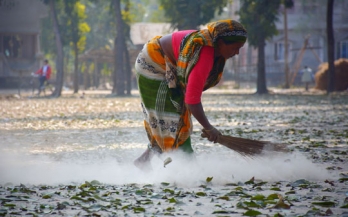
Reports and publications
Refine your search

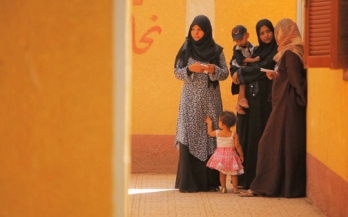
Baseline survey data on iron deficiency anaemia in Egypt
Micronutrient deficiencies, especially iron deficiency anaemia, are a public health problem in Egypt, where the prevalence of anaemia reaches about 40%. As a baseline for the fortification project, a field survey was conducted with the objective of assessing iron deficiency anaemia status, and dietary iron and bread consumption among the Egyptian population.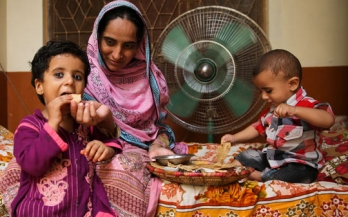
Biochemical assessment & prevalence of Thalassemia genes in women of reproductive age
The department of Paediatrics and Child Health, Aga Khan University conducted the Pakistan National Nutrition Survey in 2011 to assess the population nutritional status, particularly among women and children using standard international parameters and indicators. This survey report describes the results of these additional analyses.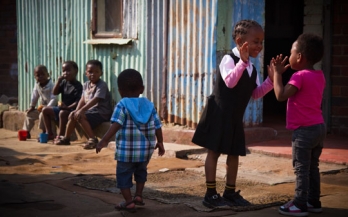
Case study: leveraging popular brands to bring better nutrition to South Africa
In 2008, GAIN began drafting plans to create sustainable market-based solutions to address the problem of micronutrient deficiencies in children in South Africa. This project covers strong benefits for identifying low-cost, scalable methods early on (such as mobile campaigns) to educate and inform customers.
Rajasthan, a decentralised model for producing supplementary nutrition to a state
In support of the state government of Rajasthan and the Indian Integrated Child Development Services, the Global Alliance for Improved Nutrition (GAIN) launched a project to pilot a production model for producing supplementary nutrition via self-help groups.
Case study: a multi-sector approach to giving young Kenyans a healthy start
In 2012, GAIN joined forces with the Kenyan Ministry of Health, to increase the production and distribution of micronutrient powder sachets. This case study describes the approach taken and highlights the challenges, opportunities and lessons learned.
Case study: better business practices boost Indian government efforts
This case study describes the approach taken between GAIN and AP Foods to scale up and improve their production of fortified supplementary foods, such as ready-to-cook mixes for common meals, and highlights the challenges, opportunities and lessons learned.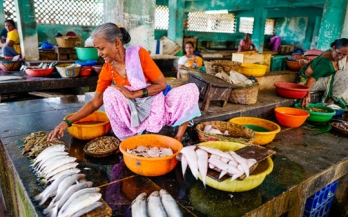
Case study: empowering women entrepreneurs to produce fortified food
In India’s largest state of Rajasthan, a high percentage of children are undernourished and are not consuming the necessary vitamins and minerals they need to thrive. This case study describes project approach taken for producing supplemental food and also highlights the key lessons learned, challenges, and opportunities moving forward.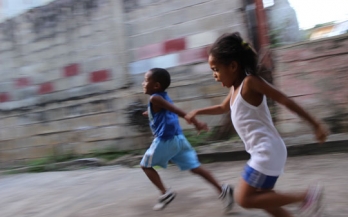
Case study: investing in a Côte d'Ivoire entrepreneur to ensure children's first foods are fortified
Many children in Côte d’Ivoire are consuming an inadequate diet that lacks the important vitamins and minerals needed for healthy growth. This case study describes the approach taken to help address the malnutrition issues facing young infants and children and also highlights the key lessons learned, challenges, and opportunities moving forward.